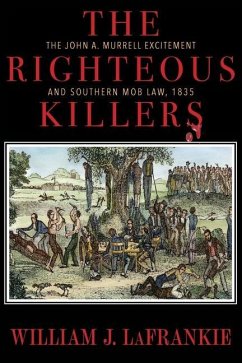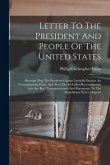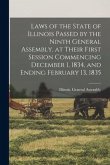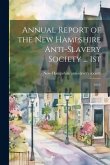William Faulkner once said, "To understand the world, you must first understand a place like Mississippi." In 1883 Mark Twain turned John Andrews Murrell into a legend when he mentioned him in his classic memoir "Life on the Mississippi." He drew a difference between Murrell and the famous outlaw Jesse James when he wrote, "James was a retail rascal...Murel, wholesale...what are James and his half dozen vulgar rascals compared to the stately old time criminal, with his sermons, his meditated insurrections and city-captures and his majestic following of ten hundred men, sworn to do his evil will!" Twain, like many, fell for the legend of Murrell. In reality, Murrell was a two-bit horse thief and slave stealer. But a motivated young man named Virgil Stewart would write a pamphlet that would turn Murrell into an icon and help ignite a chain of events that would explode the Mississippi Delta into a violent storm of mobocracy. Some say the Devil himself took control of Vicksburg, Mississippi, the weekend of July 4th, 1835. Join Murrell, Duke Shannon, Doctor Hugh Bodley, Levi Morris, Cuffee and Ameriday Scull, and other memorable characters in The Righteous Killers. Read along and get caught up in the gossip, paranoia, and mistrust of the early Antebellum South. Observe how outside influences can lead typically well-meaning citizens to take law and order into their own hands. Rascals and rapscallions mingle among hard-working pioneers setting the scene for a violent showdown. A young Abraham Lincoln would pay particular attention to the Vicksburg, Mississippi riots. He gave a memorable speech to the Young Men's Lyceum of Springfield, Illinois, at 28 years old. In the address, he clarifies that our perpetuation as a country cannot continue if mob law rules the day.
Hinweis: Dieser Artikel kann nur an eine deutsche Lieferadresse ausgeliefert werden.
Hinweis: Dieser Artikel kann nur an eine deutsche Lieferadresse ausgeliefert werden.








